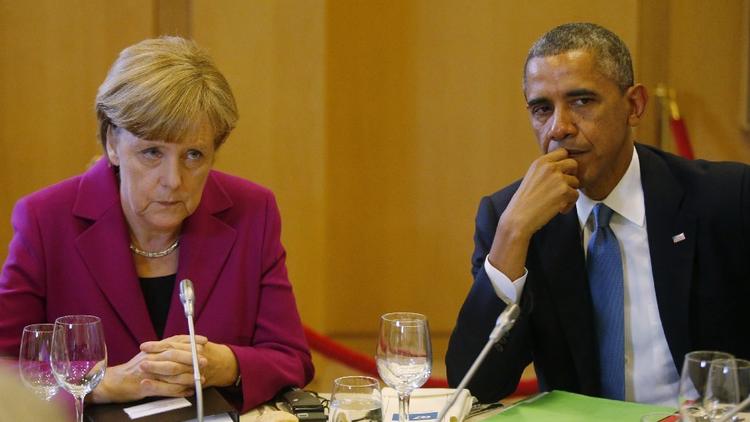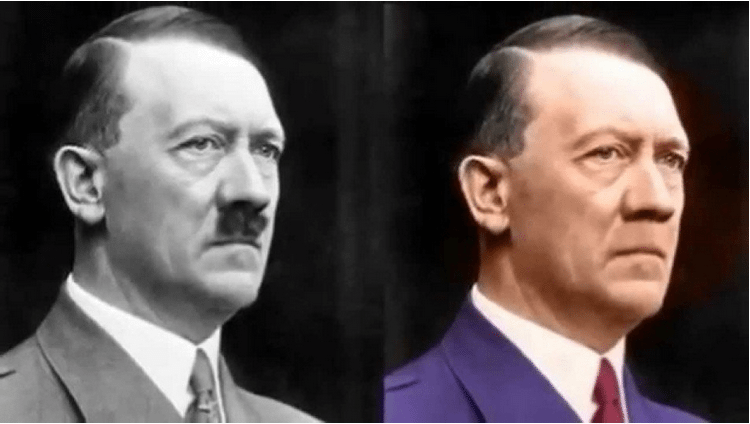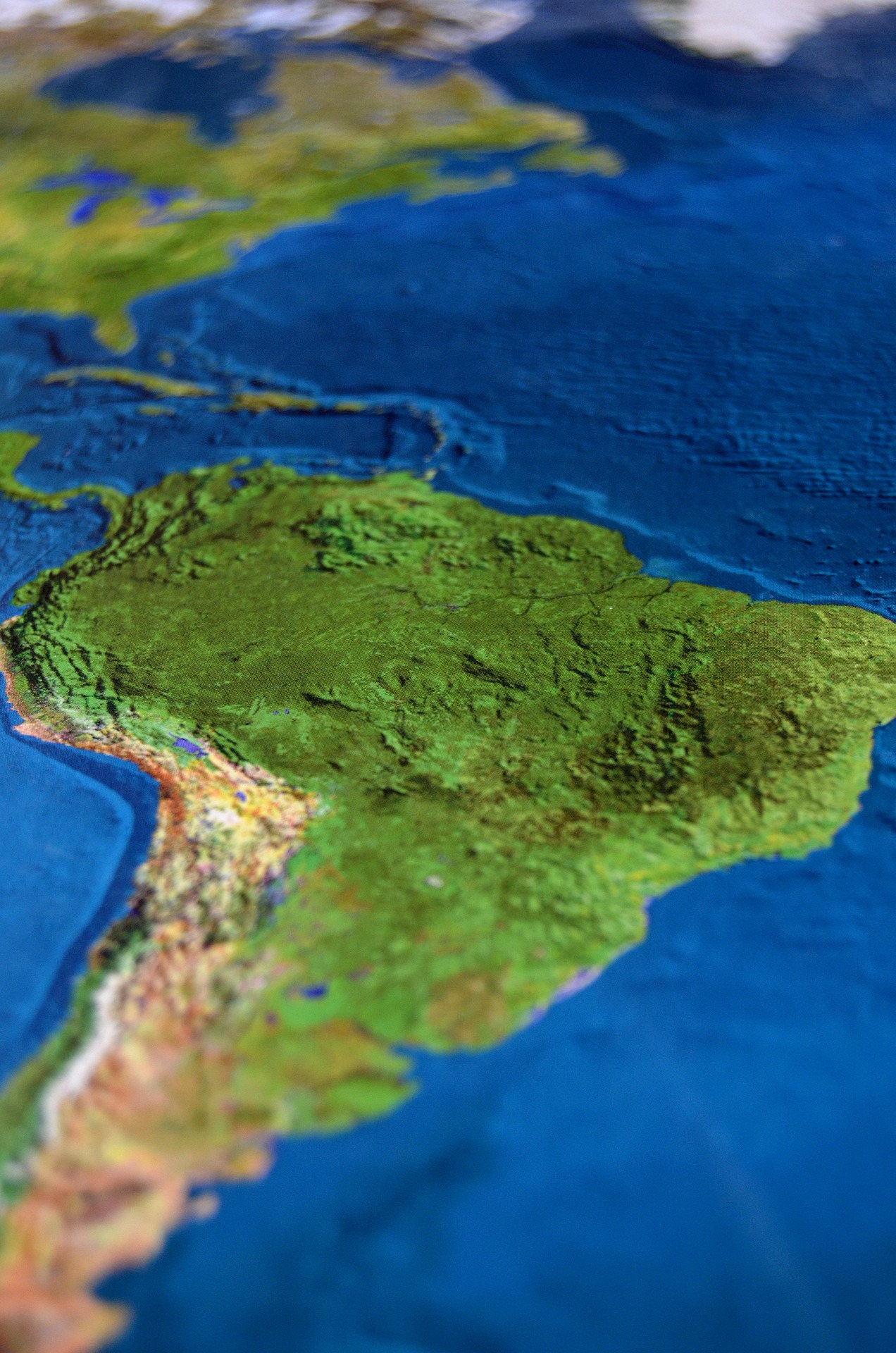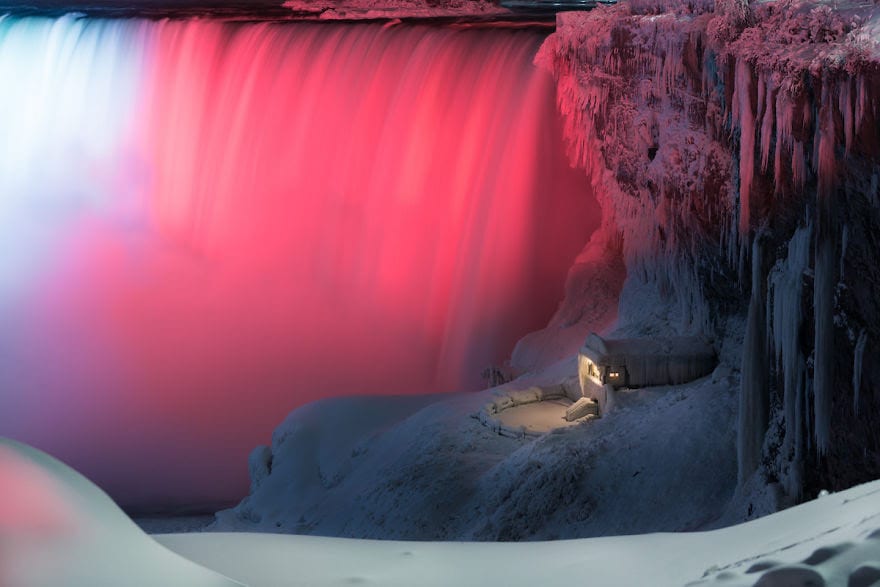When candidate Barack Obama spoke in July 2008 in Berlin near the Brandenburg Gate, he told a rapturous German audience that peace and progress “require allies who will listen to each other, learn from each other and, most of all, trust each other.” It was supposed to be the opposite of George W. Bush’s cowboy diplomacy, which alienated the Federal Republic of Germany and much of Europe. Yet six years later, relations between Washington and Berlin are more mistrustful than ever.
The main problem is that President Obama has been listening all too well to Germans — spying on them from more than 150 National Security Agency sites in Germany, according to secret NSA documents that former contractor Edward Snowden leaked to the weekly Der Spiegel.
Germans, who acutely remember the totalitarian surveillance of Nazi Germany and East Germany, cherish their strict data protection and limits on state monitoring. The pervasive spying on one of America’s most valuable partners — including the snooping on German Chancellor Angela Merkel’s cellphone from a rooftop listening post at the U.S. Embassy in Berlin — has enraged the German public.
Now, with the fresh revelation that the CIA recruited an intelligence official as a spy, and the possibility of a second spy in the Defense Ministry, the fury is reaching a tipping point. U.S. Ambassador John B. Emerson was called on the carpet by the German Foreign Office on July 4 about the first incident. On Thursday, Germany ordered the CIA station chief in Berlin to leave.
And the brouhaha isn’t going away. German President Joachim Gauck, widely revered for his years as a Protestant pastor and human rights activist in the former East Germany, said that if the spying allegations were true, “enough is enough.” Karl-Georg Wellmann, a prominent member of Merkel’s Christian Democratic party, is calling for the expulsion of any and all U.S. agents.
What’s more, leading German politicians are calling for reassessing negotiations with Washington over a transatlantic free-trade agreement that could be vital to the economic futures of both Europe and the United States. And Interior Minister Thomas de Maiziere announced that Berlin would terminate a no-spy agreement it has enjoyed with the U.S. and Britain since 1945 and begin monitoring them in Germany. As Stephan Mayer, a spokesman for Merkel’s party, put it, “We must focus more strongly on our so-called allies.”
So-called? Such statements, unthinkable only a few years ago, accurately reflect a broader antipathy toward America among the German public, which largely sees Snowden as a hero, particularly for his revelations about the extent of American surveillance in Germany.
Ever since the Bush administration launched the Iraq war in 2003 — which then-Chancellor Gerhard Schroeder vehemently opposed — many Germans have come to view America as a militaristic rogue state, more dangerous even than Russia or Iran. Indeed, a recent
Infratest Dimap poll indicates that a mere 27% of Germans regard the U.S. as trustworthy, and a majority view it as an aggressive power.
The result is that Germany is undergoing a fundamental transformation. After the Nazi defeat in 1945, the republic’s first chancellor, Konrad Adenauer, emphasized that Germany had to end its tradition of trying to maneuver between East and West as an independent power. Instead, it had to bind itself to the West, economically and militarily. Only Washington could guarantee a free and democratic West Germany. But it is precisely this tradition that is coming to an end as Germany begins to act on what it perceives as its new national interests.
Already Germany is much more sympathetic to Russia than the United States. Schroeder, the former chancellor, serves on the board of Gazprom and is a buddy of Russian President Vladimir Putin. Another former chancellor, Helmut Schmidt, said that it was “entirely understandable” that Putin would annex Crimea. What’s more, German business interests dictate that Berlin seek to maintain a friendly stance toward Moscow.
Similarly, Germans are allergic to any military confrontation with China, which has emerged as one of their most important trading partners.
It shouldn’t be entirely surprising that decades after the fall of the Berlin Wall, a reunified Germany is moving from docile Cold War ally to a sovereign power that feels less inhibited by its Nazi past and less indebted to the United States.
But there’s no reason for the U.S. to antagonize a longtime ally, either. The two sides need to forge new ties based on mutual respect. They continue to have many common interests in trade, in deterring Russian aggression and in combating terrorism in the Middle East.
In trampling on German civil liberties, the Obama administration is besmirching America’s image and allowing Germans to feel morally superior to their former conqueror.
If Obama is unable to rein in spying on Germany, he may discover that he is helping to convert it from an ally into an adversary. For Obama to say auf Wiedersehen to a longtime ally would deliver a blow to American national security that no amount of secret information could possibly justify.
Jacob Heilbrunn is the editor of the National Interest.
Follow the Opinion section on Twitter@latimesopinion








